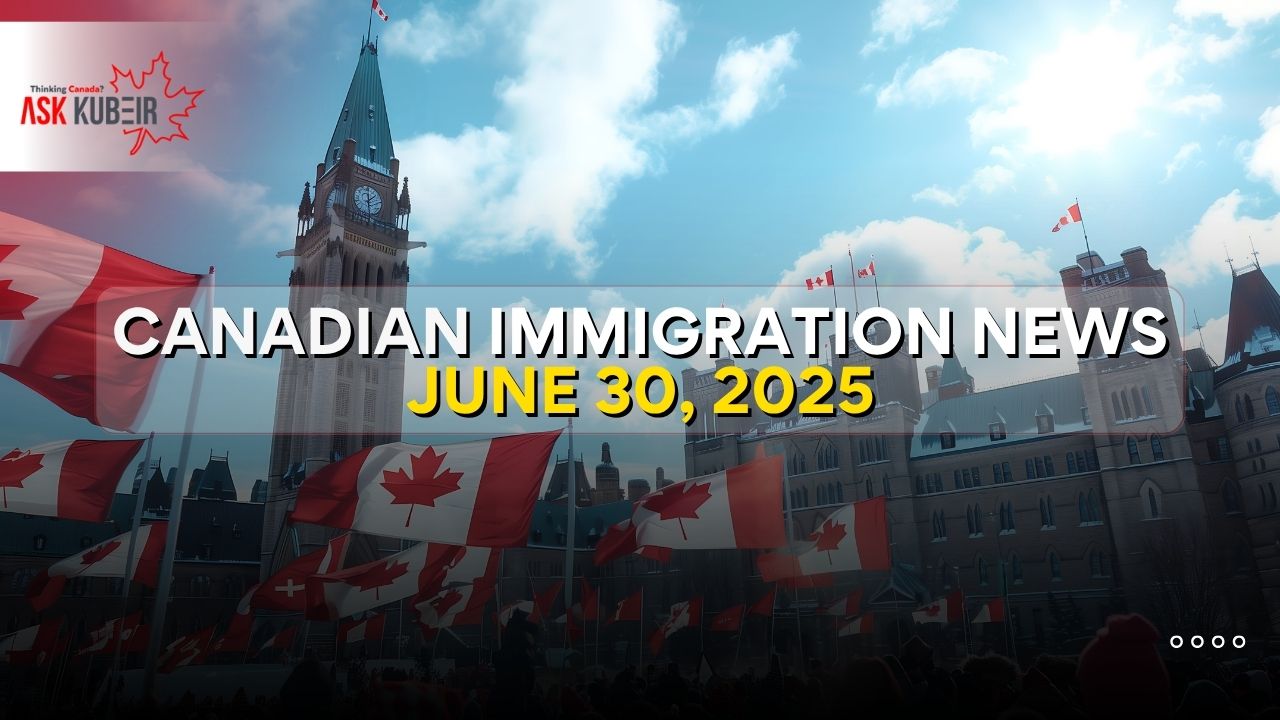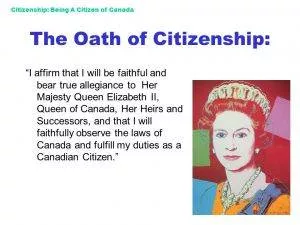
Related Post







Difference Between Citizenship and Permanent Residency
DIFFERENCE BETWEEN CITIZENSHIP AND PERMANENT RESIDENCY
Many prospective immigrants to Canada are interested in getting Canadian citizenship. But before you can become a Canadian citizen, you first have to become a Canadian permanent resident. In fact, the end result of every Canadian immigration program (including provincial pathways like PNPs or Quebec Immigration) is Canadian permanent residence and for most, Canadian Citizenship.
Once you become a permanent resident, you are automatically issued a permanent residence (PR) card. A PR card is basically the Canadian equivalent of the US green card.
Once an individual becomes a Canadian permanent resident, they have a number of rights including:
Access to the same social benefits as any Canadian citizen, including healthcare coverage;
The right to live, work, study anywhere in Canada;
Protection under Canadian law and the Canadian Charter of Rights and Freedoms;
The right to apply for Canadian citizenship.
Canadian permanent residents also share many of the social responsibilities of Canadian citizenship, such as paying taxes and abiding by Canadian laws. In fact, there are really only two things that Canadian citizens can do that permanent resident can’t. Canadian permanent residents cannot vote or run for office. There are also some restrictions against permanent residents holding certain government positions that require a high-level security clearance.
Canadian permanent residents do not get a Canadian passport. If permanent residents want to travel outside Canada, they can do so using a valid PR card, or on a Permanent Resident Travel Document (PRTD), and the passport from their country of citizenship.
PR cards have a validity period, so they have to be renewed regularly. However, you do not automatically lose your permanent resident status if your PR card expires. To maintain your permanent resident status, you do need to meet certain residency requirements.
As a permanent resident, you are able to live outside of Canada. However, you must live in Canada for at least two years in a five-year period. If you live outside of Canada for longer, you may lose your status. Exceptions do exist, though. For example, time spent outside Canada while accompanying a spouse or common-law partner or parent who is a Canadian citizen can be counted towards residency. You can also count time spent abroad if you are assigned to a position outside Canada by a Canadian business.
Even if you fail to meet residency requirements, you do not automatically lose permanent residence status. You can only lose your status if you go through a formal process.
CANADIAN CITIZENSHIP

So, what is the difference between permanent residence and Canadian citizenship? The main difference is that before someone can become a citizen, they must first become a permanent resident.
Permanent residents can apply for citizenship once they have met certain residency requirements. As a naturalized citizen of Canada, they can apply for a Canadian passport and can freely participate in Canadian politics. In fact, there are absolutely no differences between naturalized citizens and citizens born in Canada.
Other than the ability to participate in Canadian politics, the most significant difference between permanent residence and citizenship is that permanent residence must be maintained. Once you are a Canadian citizen, you do not need to do anything to maintain your citizenship. You can only lose your Canadian citizenship if you choose to renounce it.
